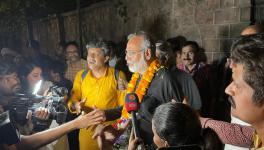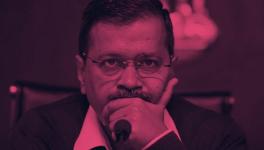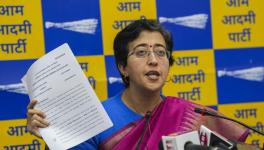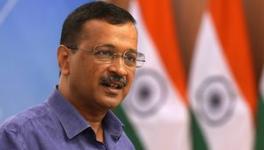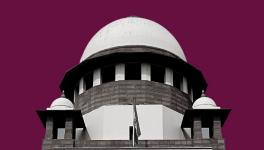ED Chief Case: Tallest Court’s Order Just Didn’t Endure
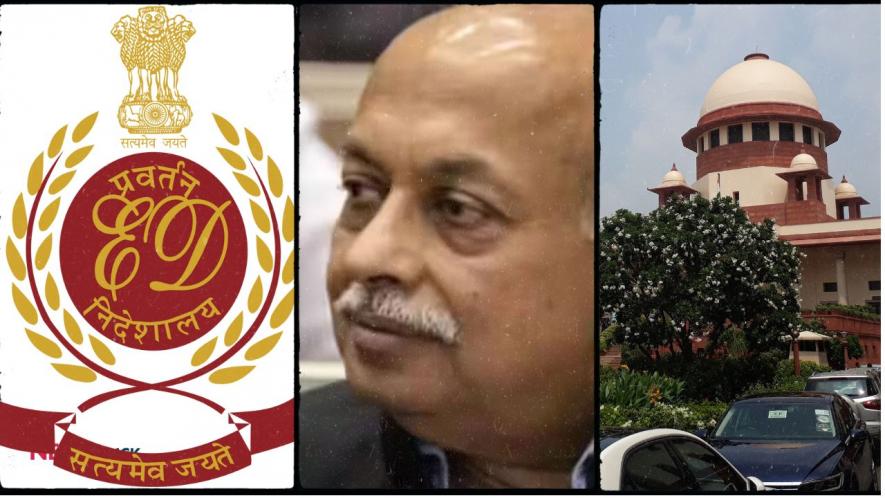
Supreme Court of India Senior Advocate and constitutional law expert Sanjay Hegde discusses the implications of the Supreme Court curbing its own recent judgement on Enforcement Directorate (ED) chief Sanjay Kumar Mishra. The top court was recently hailed for ruling that an extension granted to Mishra in his post was illegal. The court also said he could remain in his position only until July 31. But on Thursday, the Supreme Court, based on a plea from the Central government, said Mishra could now continue as the Enforcement Directorate chief for another roughly two months until September 15 but ruled out any further extension of his tenure. His retirement, after being granted the third extension, was due in November 2023. Edited excerpts from an interview with Rashme Sehgal.
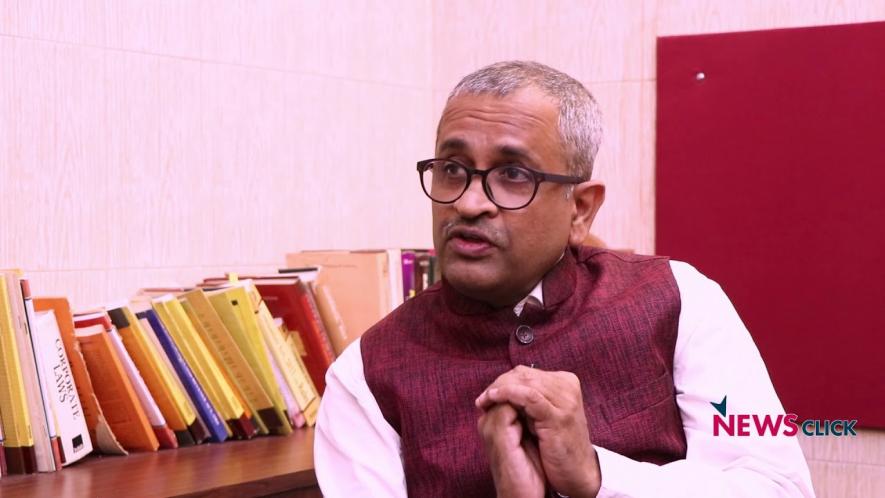
Sanjay Hegde
Rashme Sehgal: Why has the SC allowed the ED chief Sanjay Kumar Mishra to continue in office till September 15? He has headed the ED since 2018, and the SC clearly said in a ruling earlier this month that he could continue till the end of July and no longer since the last extension was illegal. Is it not a contradiction of the earlier order?
Sanjay Hegde: The Supreme Court had issued a specific mandamus that no further extension would be granted to Sanjay Kumar Mishra and that this order would be binding on the Central government. But the magic words “national interest” allow the government to get around every situation given that the government is working for the “greater public good”.
RS: The SC ordered in the Common Cause case in 2021 that no extension should be granted to the ED chief once he attained the age of superannuation except for a short period of time. To get over the 2021 judgement, the government amended the Central Vigilance Commission Act, the Delhi Special Police Establishment Act and Rules to provide for yearly extensions of the tenures of the Central Bureau of Investigation (CBI) director and the director of the ED for up to five years. Why are they so keen to have him?
SH: The ED is not a constitutional or statutory body but a mere department of the Finance Ministry. Its director can easily be substituted by another official.
There are two theories doing the rounds about why they have continued to keep him at this post. Mishra has proved to be an efficient sharp-shooter who does not ask too many questions. They have trust in this particular enforcer and would not have the same comfort level with a new person.
The other theory is that he knows too much in all these matters, and so he wants to continue. The United States faced a similar problem with J Edgar Hoover, the first director of the Federal Bureau of Investigation, who ended up serving six American presidents.
RS: What finally happened to Hoover?
SH: He died in office. In India, the law is that the director of the ED cannot serve for more than five years.
RS: This is one of the leitmotifs of this government. Once they appoint a trusted lieutenant, they will hold on to him. Why is this so?
SH: This is the way they operate. They have their hitmen, like they had DG Vanzara [ex-Indian Police Service officer] in Gujarat.
The ED was just a department of the Finance Ministry charged with enforcing the original FERA [Foreign Exchange Regulation Act, 1973], then FEMA [Foreign Exchange Management Act, 1999] and the Prevention of Money Laundering Act, 2002 or PMLA.
The origins of the money-laundering Act PMLA were during the 1920s and 30s when the mafia in the United States made a lot of money from extortion, prostitution, gambling and bootlegging. The mafia opened laundries to divert these earnings and claimed they had earned their money from legitimate sources. Money laundering allows money earned from criminal activities to be legitimised.
The focus internationally has been on cracking down on money laundering and especially money earned from sales of drugs and arms. But what India has done is extended PMLA to include all crimes, including corruption.
Today, the ED has pan-India control, unlike the CBI, which has to seek permission from state governments to investigate a crime. The ED can walk into any state and conduct raids, make arrests and attach properties of suspects. It has become a very powerful weapon for the Centre.
RS: The government insists they need Mishra for the period that the Financial Action Task Force, the international terror-financing watchdog, is conducting its review.
SH: No one stopped the government from hiring the director of the ED as a consultant.
RS: Did the SC also turn down the government’s modifications of Mishra’s term from two to three years (done in November 2020) while also disallowing the extension to his appointment?
SH: The amendments were upheld by the Supreme Court in 2023, but not the granting of an extension to Mishra.
RS: In a sense, now, that has been overruled since Mishra has been permitted to continue up to September. What does that indicate?
SH: The Supreme Court says they did it keeping in mind the greater public good. They have been made to look ridiculous. It is the highest institution in the county, and yet its judgements are written in water. Their judgements are not intended to endure. They can be modified later in case of any inconvenience. Their judgements are akin to administrative orders.
RS: What are your comments on the exponential increase in raids conducted by the ED during the past five years?
SH: Its raids are being conducted largely to harass the Opposition politicians. The question that needs to be asked is just how much drugs and arms dealers’ money they have been able to lay their hands upon—no one is asking them this.
(Rashme Sehgal is an independent journalist.)
Get the latest reports & analysis with people's perspective on Protests, movements & deep analytical videos, discussions of the current affairs in your Telegram app. Subscribe to NewsClick's Telegram channel & get Real-Time updates on stories, as they get published on our website.










